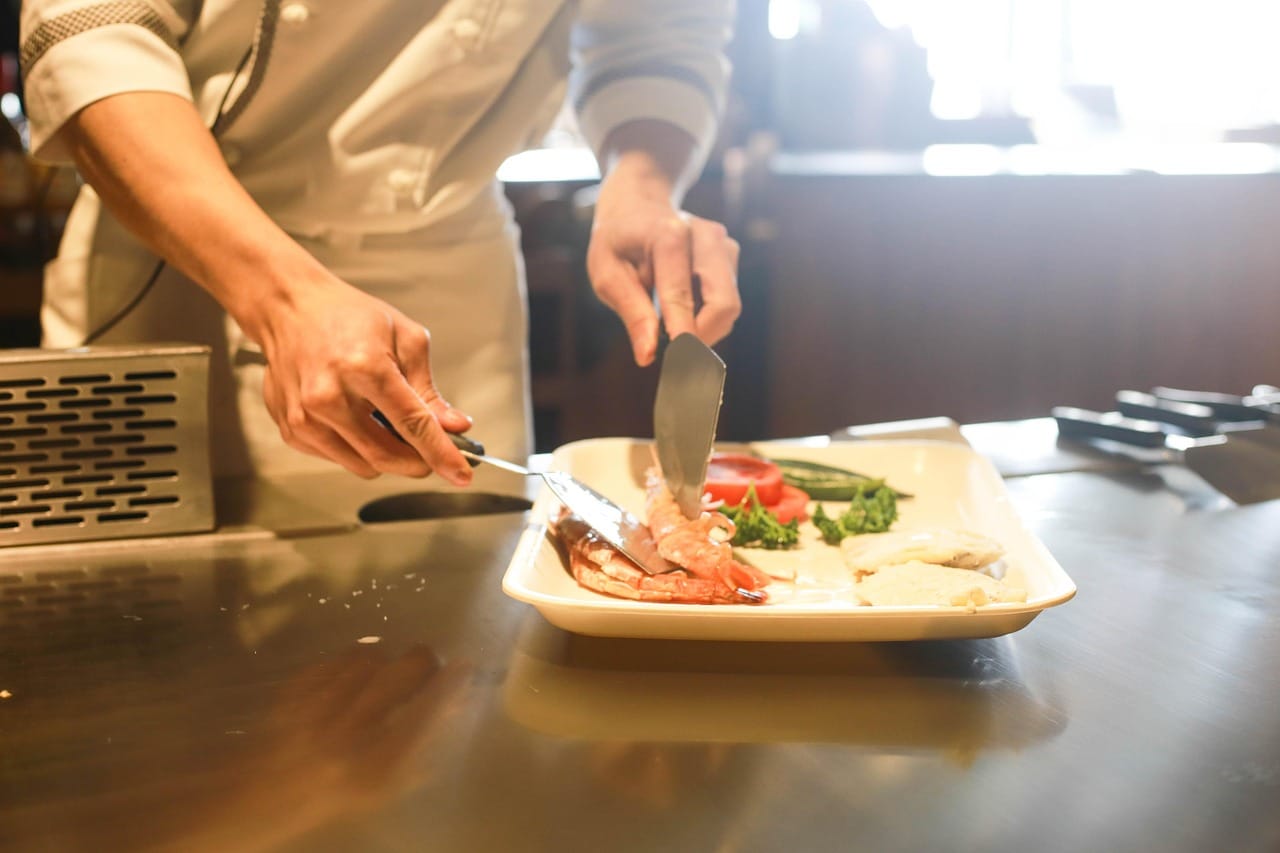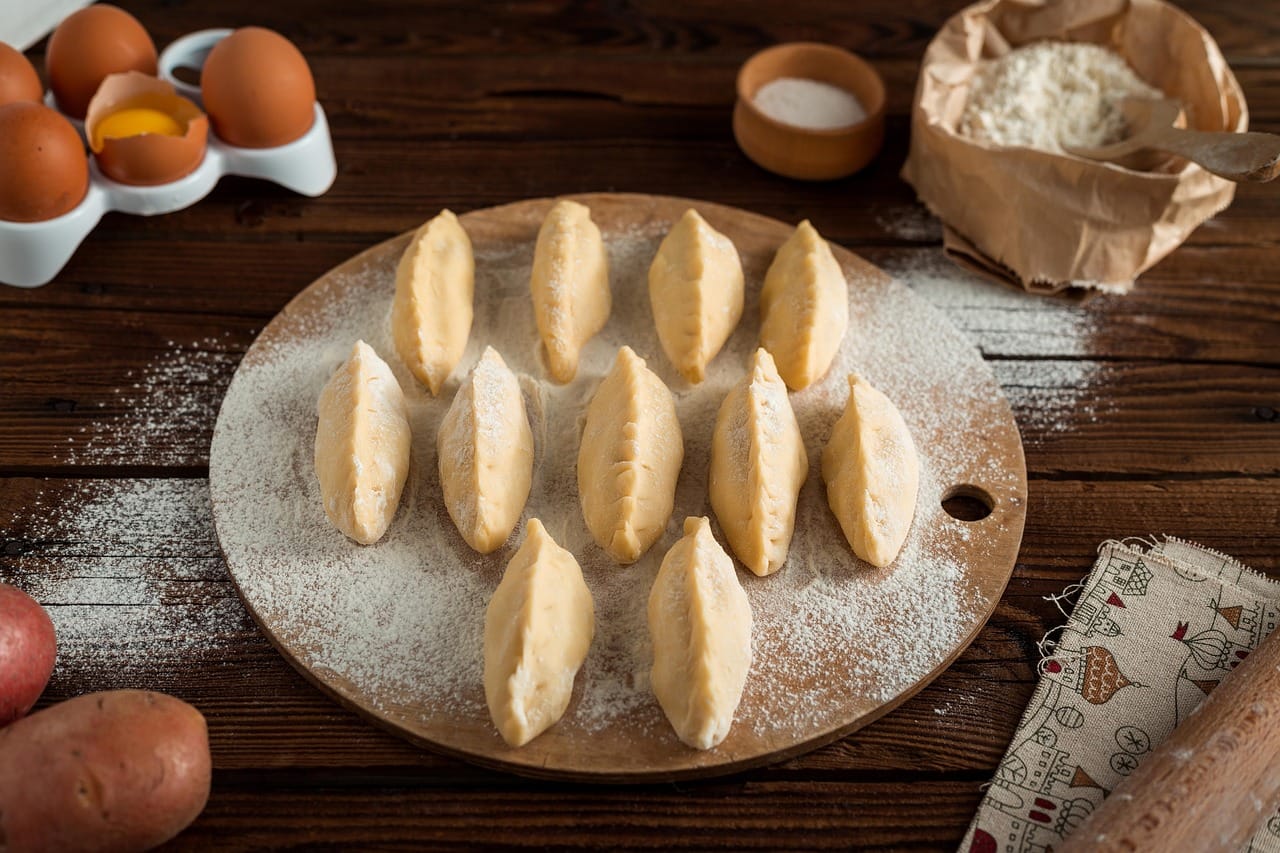From humble beginnings as a late-night snack solution in a small Mexican border town, nachos have exploded into a global phenomenon. Whether you’re enjoying them as a quick appetizer, a satisfying meal, or a crowd-pleasing party snack, the versatility and deliciousness of nachos are undeniable. This blog post dives deep into the world of nachos, exploring their history, variations, and the art of making the perfect plate.
The History of Nachos: From Mexico to the World
The Birth of a Legend
The story of nachos begins in 1943 in Piedras Negras, Mexico. As the story goes, a group of American military wives were visiting the town and arrived at a restaurant after closing time. The maître d’hôtel, Ignacio “Nacho” Anaya, decided to whip up a quick snack for them using what he had on hand: tortilla chips, cheese, and jalapeños. The dish was a hit, and “Nacho’s Special” was born.
From Local Favorite to Global Sensation
Nachos quickly gained popularity in the region, spreading to Texas and beyond. By the 1970s, nachos were a staple in American sports arenas and restaurants, thanks in part to the commercialization of processed cheese sauce. Today, nachos are enjoyed worldwide, with countless variations and regional adaptations.
- Key takeaway: Nachos originated as a simple, improvised snack but quickly evolved into a beloved dish with a rich history.
Building the Perfect Nachos: A Step-by-Step Guide
Choosing the Right Tortilla Chips
The foundation of any great nachos is the tortilla chips. Opt for sturdy, triangular chips that can hold up to toppings without breaking.
- Thick-cut chips: Ideal for heavier toppings and sauces.
- Thin and crispy chips: Better suited for lighter toppings and dips.
- Flavor considerations: Plain, salted, or lightly flavored chips offer a blank canvas. Avoid chips with strong flavors that might clash with your toppings.
The Cheese Factor: Achieving Melty Perfection
Cheese is arguably the most important component of nachos.
- Cheese type: Cheddar, Monterey Jack, Pepper Jack, and Oaxaca are all excellent choices. Consider a blend of cheeses for complex flavor.
- Pre-shredded vs. Block: Shredding your own cheese from a block ensures better meltability and avoids the anti-caking agents found in pre-shredded varieties.
- Application method: Evenly distribute the cheese over the chips for maximum coverage. You can also create multiple layers of chips and cheese for a more decadent experience.
Toppings Galore: Customizing Your Nachos
This is where you can really get creative! The possibilities for nacho toppings are endless.
- Essential Toppings:
Ground beef, shredded chicken, pulled pork, or black beans (protein)
Salsa, pico de gallo, or diced tomatoes
Guacamole or avocado slices
Sour cream or Mexican crema
Jalapeños (pickled or fresh)
Onions (diced white or red)
Cilantro (freshly chopped)
- Other Popular Options:
Corn
Olives
Bell peppers
Refried beans
Chipotle peppers in adobo sauce
* Queso
Assembly and Cooking Methods
The assembly and cooking method can significantly impact the final product.
- Oven-Baked: The most common method. Arrange chips on a baking sheet, layer with cheese and toppings, and bake at 350°F (175°C) until the cheese is melted and bubbly.
- Broiler: Provides a quick and easy way to melt the cheese. Keep a close eye to prevent burning.
- Microwave: Suitable for small portions and quick snacks. Be mindful of overheating the chips.
- Sheet Pan Nachos: Layer chips on a large sheet pan for optimal distribution.
- Practical Tip: Pre-cook any meats or vegetables before adding them to the nachos to ensure they are heated through.
Nacho Variations: Exploring Different Flavors
Classic Beef Nachos
This is the quintessential nacho experience, featuring seasoned ground beef, cheddar cheese, salsa, sour cream, and jalapeños. A true crowd-pleaser.
Chicken Nachos
Shredded chicken, often seasoned with taco spices or chili powder, offers a lighter alternative to beef. Try adding a drizzle of buffalo sauce for a spicy kick.
Vegetarian Nachos
Black beans, refried beans, corn, and a medley of vegetables make for a satisfying and flavorful vegetarian option. Load up on the guacamole and salsa!
Seafood Nachos
Shrimp, crab, or lobster can elevate your nachos to a gourmet level. Pair with Monterey Jack cheese, a creamy cilantro-lime sauce, and a sprinkle of Old Bay seasoning.
Dessert Nachos
Yes, you can even have nachos for dessert! Use cinnamon-sugar tortilla chips and top with chocolate sauce, caramel, whipped cream, fruit, and nuts.
- Actionable Takeaway: Don’t be afraid to experiment with different toppings and flavors to create your own signature nacho creation.
Serving and Enjoying Your Nachos
Presentation Matters
Arrange your nachos attractively on a serving platter or individual plates. Garnish with fresh cilantro, green onions, or a drizzle of sauce for added visual appeal.
Dips and Accompaniments
Provide a variety of dips and sauces on the side, such as guacamole, sour cream, salsa, and queso. This allows guests to customize their nachos to their liking.
Temperature Considerations
Serve nachos immediately after cooking to ensure the cheese is melted and the chips are crispy. Leftovers can be stored in the refrigerator, but the chips will likely become soggy.
- Pro Tip: Use a warming tray or slow cooker to keep your queso warm and melty throughout your party.
Conclusion
Nachos have come a long way from their humble beginnings as a simple snack. Today, they represent a culinary canvas for creativity and a beloved dish enjoyed by people of all ages and backgrounds. By understanding the history, mastering the art of assembly, and exploring the endless possibilities of toppings, you can create the perfect plate of nachos for any occasion. So gather your ingredients, get creative, and enjoy the deliciousness of this iconic dish!




